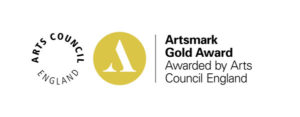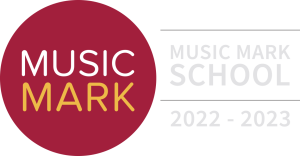Curriculum (Early Years Foundation Stage)
EYFS Curriculum
Everything children do, see, hear or feel at school is called the curriculum. The Curriculum for Early Years Foundation Stage sets out the experiences that children should have from birth to the end of their first year in our school. For children starting school, it should look and feel much like they have experienced in nursery or pre-school. It is designed so that children progress smoothly from it into the National Curriculum in Year 1 and on through primary school.
During this stage children begin to develop the key learning skills such as listening, speaking, concentration, persistence and learning to work together and co-operate with other children. They also develop early communication, literacy and numeracy skills in preparation for Key Stage 1 of the National Curriculum.
There are seven inter-connected areas of learning and development, three of which have been designated as prime areas.
Prime Areas of Learning
Personal, Social and Emotional Development (PSED) involves helping children to develop a positive sense of themselves, and others; to form positive relationships and develop respect for others; to develop social skills and learn how to manage their feelings; to understand appropriate behaviour in groups; and to have confidence in their own abilities
Communication and Language Development involves giving children opportunities to experience a rich language environment; to develop their confidence and skills in expressing themselves; and to speak and listen in a range of situations.
Physical Development involves providing opportunities for young children to be active and interactive; and to develop their co-ordination, control, and movement. Children are helped to understand the importance of physical activity, and to make healthy choices in relation to food.
Specific Areas of Learning
These three prime areas are supported by four specific areas:
Literacy Development involves encouraging children to link sounds and letters and to begin to read and write. Children must be given access to a wide range of reading materials (books, poems, and other written materials) to ignite their interest.
Mathematics involves providing children with opportunities to develop and improve their skills in counting, understanding and using numbers, calculating simple addition and subtraction problems; and to describe shapes, spaces, and measures.
Understanding the World involves guiding children to make sense of their physical world and their community through opportunities to explore, observe and find out about people, places, technology and the environment.
Expressive Arts and Design involves enabling children to explore and play with a wide range of media and materials, as well as providing opportunities and encouragement for sharing their thoughts, ideas and feelings through a variety of activities in art, music, movement, dance, role-play, and design and technology.
Statutory EYFS Framework: September 2014



